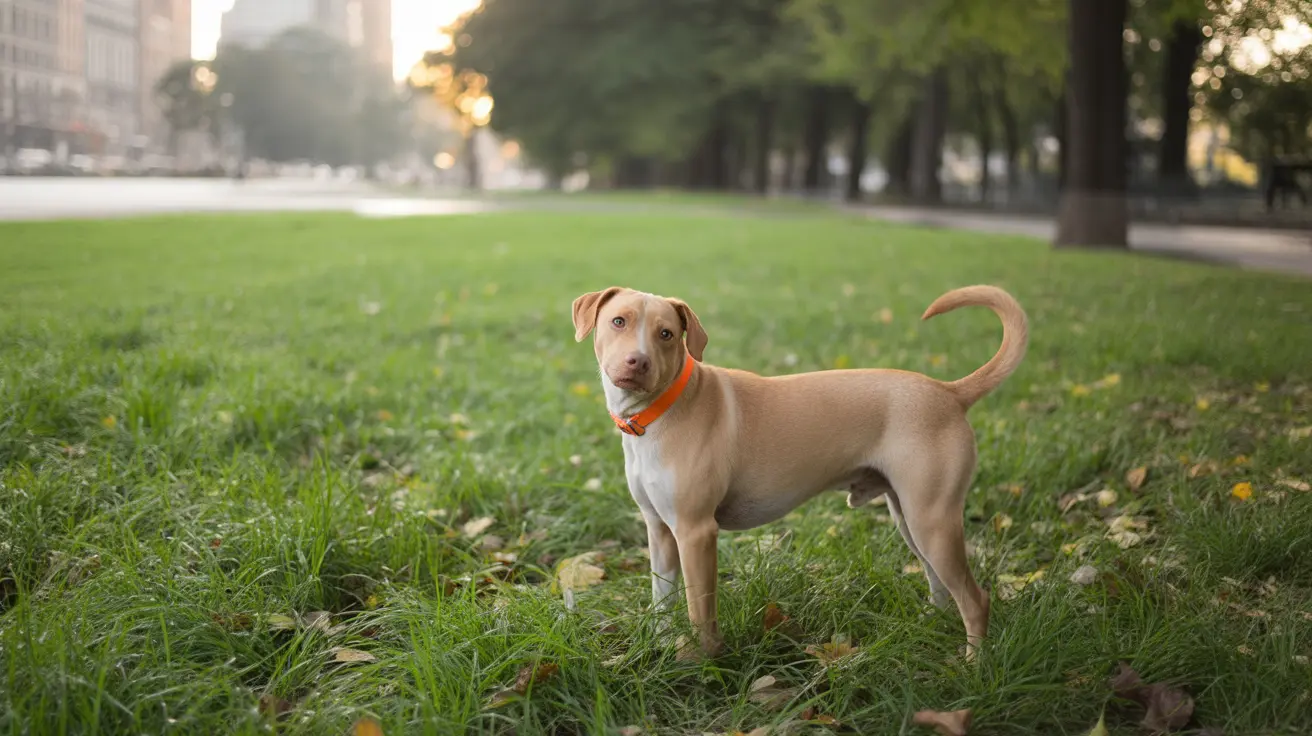Introduction to Kennel Cough
Kennel cough is a prevalent and highly contagious respiratory disease in dogs, particularly common in environments like grooming salons, boarding facilities, and dog parks. Officially known as canine infectious respiratory disease (CIRD) or infectious tracheobronchitis, kennel cough can affect dogs approximately two to 14 days after exposure. This condition is characterized by a distinctive cough and can vary in severity, requiring different levels of care.
Recognizing the Symptoms
The hallmark symptom of kennel cough is a persistent, dry, hacking cough that can sound like a honk or a sharp, puffing noise. It often seems as if the dog has something stuck in its throat. In addition to the cough, dogs may experience tracheal sensitivity, meaning they cough when gentle pressure is applied to their trachea. Other symptoms include retching with white foam, clear eye drainage, a runny nose, and sneezing. In severe cases, symptoms can escalate to lethargy, loss of appetite, fever, and labored breathing, indicating the need for immediate veterinary attention.
The Causes Behind Kennel Cough
Kennel cough is not caused by a single pathogen but rather a combination of various bacteria and viruses. Notable culprits include Bordetella bronchiseptica and canine adenovirus, among others. These pathogens spread easily in environments where dogs congregate, such as dog parks, boarding kennels, and grooming facilities. Transmission occurs through respiratory secretions from coughing or sneezing and can also occur via shared objects like toys and food bowls.
Diagnosing Kennel Cough: Veterinary Insights
Veterinarians typically diagnose kennel cough based on a dog's symptoms and medical history. While identifying the specific bacteria or virus is often unnecessary, diagnostic tests like blood work and chest X-rays may be conducted in complicated cases, such as when pneumonia is suspected or if the dog does not respond to supportive care.
Treatment Strategies for Kennel Cough
The treatment for kennel cough varies depending on the severity of the condition. Mild cases may only require supportive care, focusing on rest, nutrition, and hydration. Keeping the dog's airways moist through humidifiers or steam from a shower can be beneficial. In more severe cases, such as when pneumonia develops, treatment may involve hospitalization, intravenous fluids, antibiotics, and possibly oxygen therapy. A cough suppressant may also be prescribed to reduce coughing frequency.
Recovery and Home Management
Recovery from a mild case of kennel cough typically takes one to two weeks. During this period, it is crucial to avoid irritants like household cleaners, cigarette smoke, and dust, which can prolong recovery. Using a harness instead of a collar during walks can prevent additional tracheal pressure and reduce coughing. Home remedies, such as honey in warm water and bland foods like boiled chicken or rice, can also aid in soothing symptoms.
Preventive Measures: Vaccination and Beyond
Vaccination against Bordetella bronchiseptica is a key preventive measure for kennel cough, reducing the severity of symptoms if the disease is contracted. While not 100% effective, vaccinated dogs are more likely to experience milder symptoms. Ensuring that dogs frequenting grooming or daycare facilities are vaccinated is advisable. Additionally, practicing good hygiene by regularly cleaning toys and bowls, and avoiding crowded areas, can help minimize the risk of exposure.
Addressing Common Concerns: FAQs
One common concern among pet owners is whether kennel cough is contagious to humans. The answer is no; kennel cough is only contagious to other dogs. Dogs remain contagious while they are still coughing, and it is recommended to wait at least two weeks after the last cough before exposing them to other dogs. While most cases are mild, kennel cough can become serious if a dog develops pneumonia.
Conclusion
Early recognition and treatment of kennel cough are crucial in preventing its progression to more severe symptoms. By understanding its causes, symptoms, and treatments, pet owners can better manage their dog's health and prevent the spread of this highly contagious disease. Vaccination and responsible pet ownership play vital roles in safeguarding dogs against kennel cough, ensuring their well-being in social environments.






